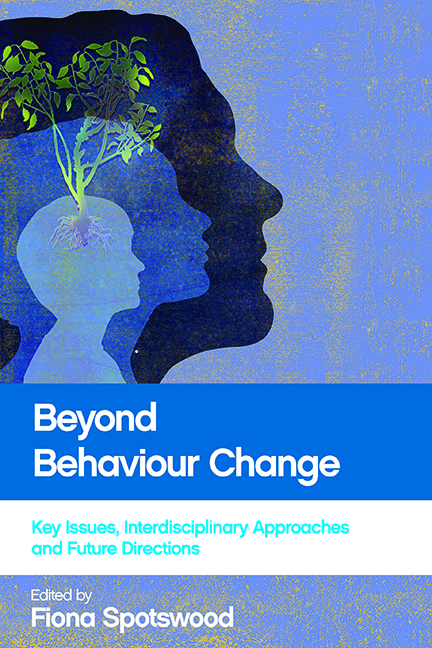ten - Participation in behaviour change: technique or tyranny?
Published online by Cambridge University Press: 01 September 2022
Summary
Introduction
Others doubtless wrote them off as anonymous benefit mums. But they’ve shown themselves to be articulate, successful activists. They were once treated as a problem, to be shuttled between temporary accommodation; now they’re pushing solutions to the real issue. (Chakrabortty, 2014)
‘Focus E15’ is a group of 29 young single mothers, many of them teenagers. In 2013, they were told they faced eviction from the hostel in which they lived and advised to look for cheaper accommodation in other cities, away from friends and family (Butler, 2013). At first they did what the council suggested, registering as homeless and looking for alternative accommodation, but with no success. So instead of moving away from London, where they had always lived and where their support networks were, they began a campaign, launched from a market stall. They stormed council offices and held a party in one of the show flats owned by the housing association that was evicting them. More recently, Focus E15 has taken over abandoned housing near the Olympic Village in East London, converting a building, which was still connected to utilities with working appliances, into a social centre with toys and food on offer to those who need them. It is from here that the group continues to run its campaign for access to good-quality social housing for all who need it. The campaign has garnered support from celebrities like Russell Brand, who featured it on his daily social media-based news channel The Trews in 2014. More recently, Focus E15 has begun to encourage people to contact their MP in support of the campaign, and this plea is being shared widely on social media. Behaviour change experts are beginning to ask whether – and how – it might be possible to encourage people to take the initiative in this way, to come together to tackle challenging issues like obesity in their communities, or risky drinking, or speeding. Consequently, terms like ‘co-creation’ and ‘participation’ have started to become buzz words in behaviour change, albeit that there are myriad interpretations of what these terms might mean.
Participatory approaches have an impressive pedigree in disciplines like health promotion (Minkler and Cox, 1980), education (Kemmis and McTaggart, 2005), design (Sanders and Stappers, 2008), community development (Fals-Borda and Rahman, 1991) and even theology (Berryman, 1987).
- Type
- Chapter
- Information
- Beyond Behaviour ChangeKey Issues, Interdisciplinary Approaches and Future Directions, pp. 199 - 216Publisher: Bristol University PressPrint publication year: 2016



